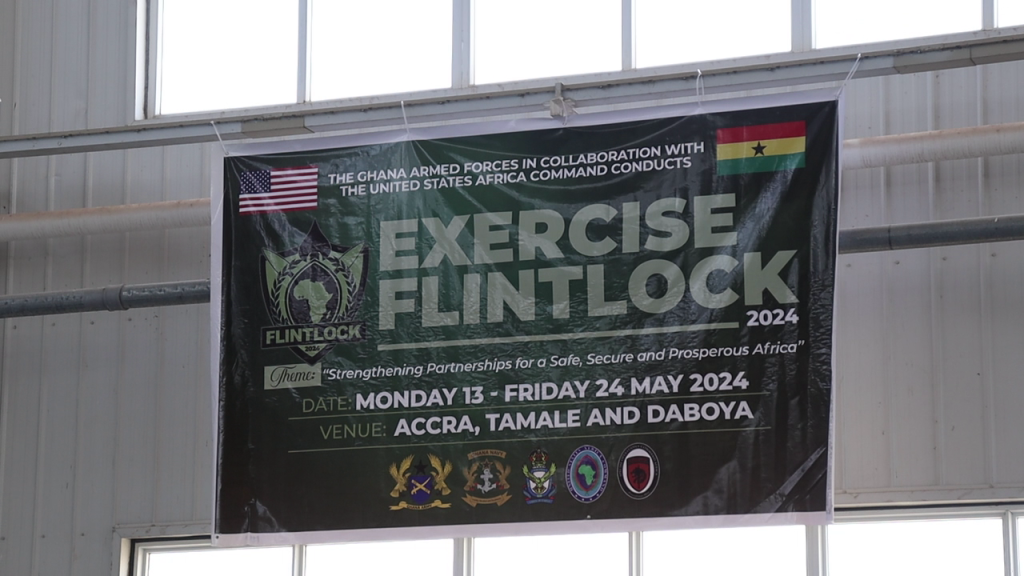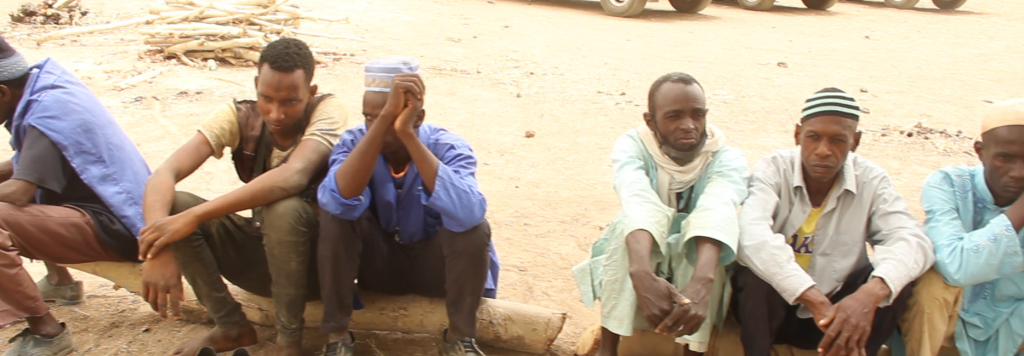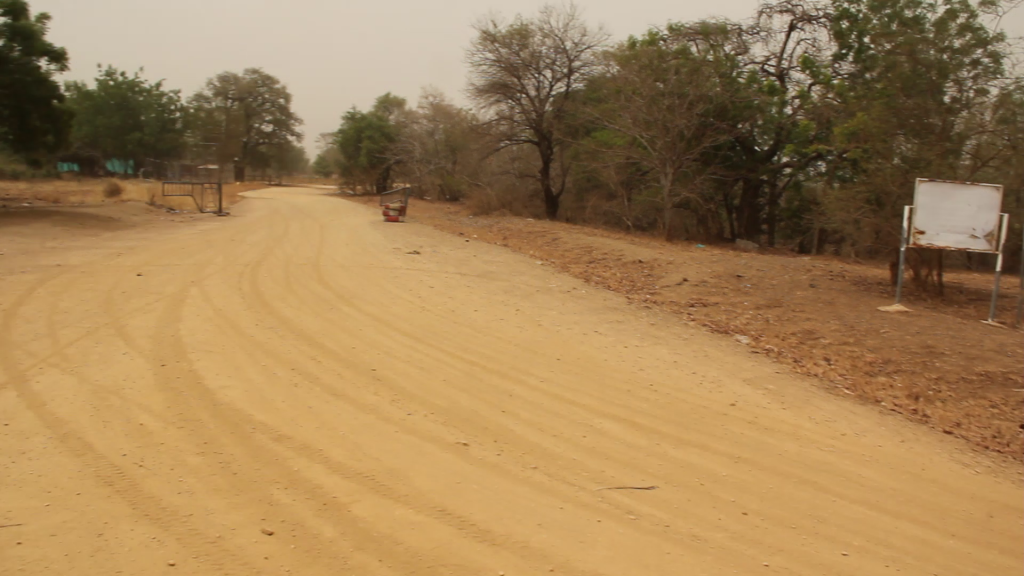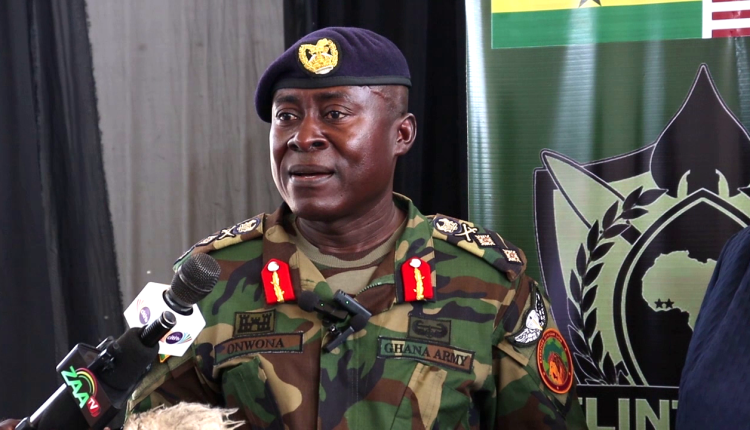Chief of the Army Staff (COAS), of the Ghana Armed Forces, Major General Bismark Kwasi Onwona has assured Ghanaians that the country is safe from any external aggression to destabilize the peace.
Major General Onwona said is committed to ensuring that the territorial integrity is protected. Ghana, he said, has all that it takes to protect the country but still welcomes any opportunity to improve the force capability and capacity.
Speaking to journalists at the closing ceremony of Exercise Flintlock at the Airforce based in Tamale, Major Onwona assured that the armed forces and other security agencies are ever ready to defend the country against any external threat including domestic ones.
Exercise Flintlock is an African partner led, U.S and international enabled exercise designed to further collective security, reaffirm commitment to the rule of law, build interoperability, promote human security and ensure trust of the civilian populace.

Flintlock has been in operation since 2005 with the aim of solidifying shared values among U.S, international, and African partner Special Operations Forces, fostering mutual respect, further collective security, strengthening adherence and commitment amongst others.
The popular saying is ‘if you want peace, prepare for war’ and therefore every time we, as military, are always preparing for war through training and exercise, the COAS told journalists.
‘Be rest assured that your armed forces and other security agencies are ready and up to the task to defend the country against external threats including those domestically generated’, the COAS assured.
Unrest in the Sahel region
The threat of extremists in the Sahel region Major Onwona said was sub regional and countries within the sub region should be the first to own up to responsibilities to fight but they need the support from the west. The threat, he asserted, is complex, dynamic, multidimensional in nature and also transnational.
Refugees and asylum seekers in Ghana
On the asylum seekers in border communities such as Fetega and Sapelliga in the Bawku West district of the Upper East region, Major General Onwona said the military and other stakeholders would continue to engage the leadership in the communities and through them they, the military get support to deal with the refugees.

Some Refugees in Sapillega in the Bawku West District
‘Ideally these refugees should have been isolated and camp somewhere but because of familiar relationships, it is always not possible, but their movements are being tracked to ensure that no miscreants are harbored within the communities’. ‘It is not as easy as that but is an ongoing process’, the COAS admitted.
The Accra initiative, he explained, was a well-conceived strategy to deal with the threat of violence extremism in the sub region.
However, the coups that occurred in Burkina Faso, Mali and Niger and their subsequent withdrawal from Economic Community of West States (ECOWAS), he noted hampered our ability to work together as subregional group, but ECOWAS leadership is doing everything, they can bring them back onto the table. The multinational taskforce to counter extremist activities he added was still in place.
porous borders control
Commenting on Ghana’s porous borders, the COAS said the country in the past has not been able adequately patrol the borders enough.

Ghana-Burkina Faso border
According to him, over the years the country recognized the problem and steps were being taken to expand the armed forces including establishment of Forward Operating Bases (FOB) along the borders, particularly Northern border with Burkina Faso to the West and Togo to the East.


